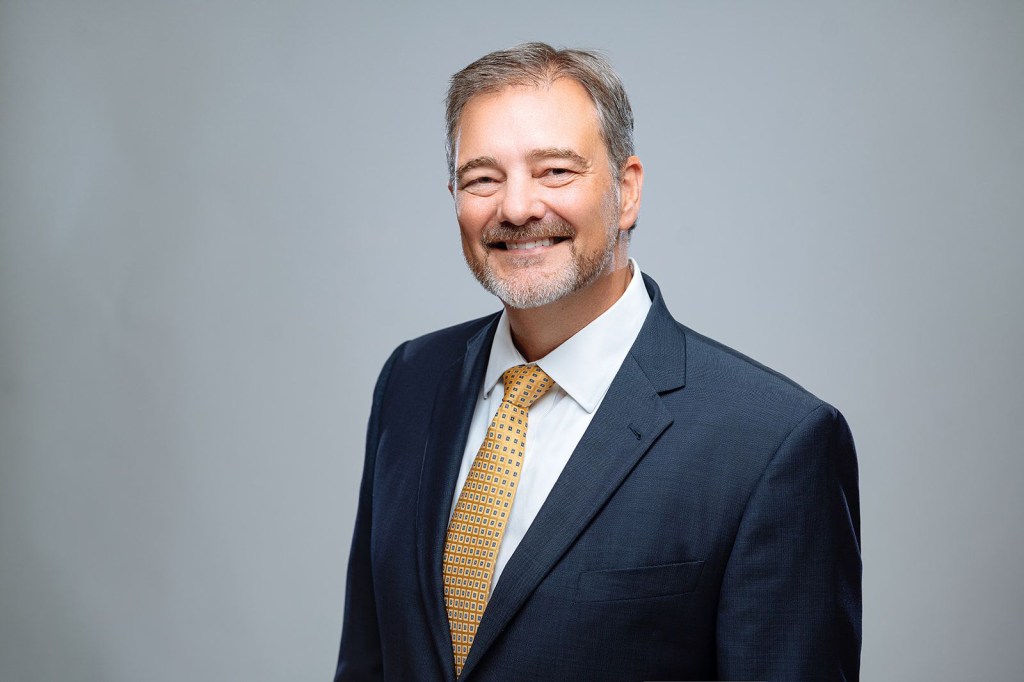SKyCTC president to join leadership at state level
Published 3:09 pm Friday, July 12, 2024

- Phil Neal
By DAVID MAMARIL HOROWITZ, Bowling Green Daily News
Phil Neal, the 11-year president and CEO of Southcentral Kentucky Community and Technical College, is set to become the acting executive vice president and provost of the Kentucky Community and Technical College System.
“I’m very proud of the work we’ve done at SKyCTC – it’s a fantastic team of faculty and staff,” he said. “There are hardworking students, (a) great regional community of the 10 counties that we’ve served through that college … I couldn’t have been more blessed than to be a part of that team there for so many years.”
The college system has begun seeking an interim president for SKyCTC this week, said Blair Hess, a spokesperson for KCTCS.
Neal’s appointment, which begins Aug. 1 and runs indefinitely, transitions him from the top role at Bowling Green’s KCTCS school to top leadership at KCTCS, which comprises more than 100,000 students across 16 schools statewide. He’s one of at least two recent executive appointments to the state system; President Ryan Quarles took the helm at the start of the year.
As provost, Neal will lead academic affairs and student affairs while focusing on student outcomes, Hess said. He will assume the role from Reneau Waggoner, who is now the system’s acting vice president of Academic and Student Services.
While “executive vice president” is a new KCTCS title, the role was previously known as chancellor, which is used for different levels across different organizations, Neal said. In this capacity, he will address workforce development opportunities and ensure students graduate into career fields that are in demand and meet state needs, as well as focus on research, planning and assessment.
Across more than 30 years of experience in higher education, Neal has additionally worked as SKYCTC’s provost and chaired the college system’s academic council, according to a KCTCS release. He also served on the National Advisory Board for the Center for Community College Student Engagement and the Board of Directors for the American Association of Community Colleges.
“His track record of success in workforce development, academic affairs and student success, as well as his proven ability to lead through times of change and transition, will be instrumental to us as we work this year to build a roadmap for the successful future of KCTCS in our service to bettering the lives of our students and all Kentuckians,” Quarles said.
New resolution, big change
Neal’s dual position, a new combination of administrative roles, is part of Quarles’ response to Senate Joint Resolution 179. The legislation, enacted in April, requires KCTCS to provide a recommended roadmap, along with specific action steps, for the future of the college system.
A KCTCS release last month summarized the 11 topics that the resolution requires the roadmap to address: “academic and training programming and relevancy of credentials, a comprehensive state workforce plan, consolidations, accreditation, governance structure, KCTCS funding model and adequacy, tuition, personnel system, dual credit, transfer, and outdated statutory language.”
Five KCTCS work teams, comprising college faculty and staff as well as system office staff, will work on the topics.
KCTCS must present its roadmap recommendations to the General Assembly in December. Hess added that the “aggressive timeline” has prompted the college system to prepare for substantial changes.
“We are sure that we are entering a period of significant change across KCTCS in the months ahead,” Hess said. “We see this as a once-in-a-generation opportunity to reset the college system and set it up to best serve Kentuckians for years to come. We aren’t taking this task lightly.”
The expected change also led Quarles to reimagine the kind of leader and the role needed for the college system.
“We concluded that we need an experienced college CEO with a deep understanding of the KCTCS system and the colleges, a track record of success in workforce development, academic affairs and student success, and the proven ability to lead through this time of transition,” Hess said.
Neal said that he’s excited to take things to fruition at scale.
“That’s an entire state system, and that’s powerful for student success, particularly,” Neal said. “That’s first and foremost what we’re focused on – increased student success. That’s what we’re here for, and helping to connect (students) in their service to our industries because they are the workforce that supports our industries that build our economy across the Commonwealth.”

